From Alan Wake to Red Dead Redemption, let's revisit 10 games that turn 10 in 2020
Tracking the reaction, impact, and future of 10 games that defined 2010
Halo: Reach
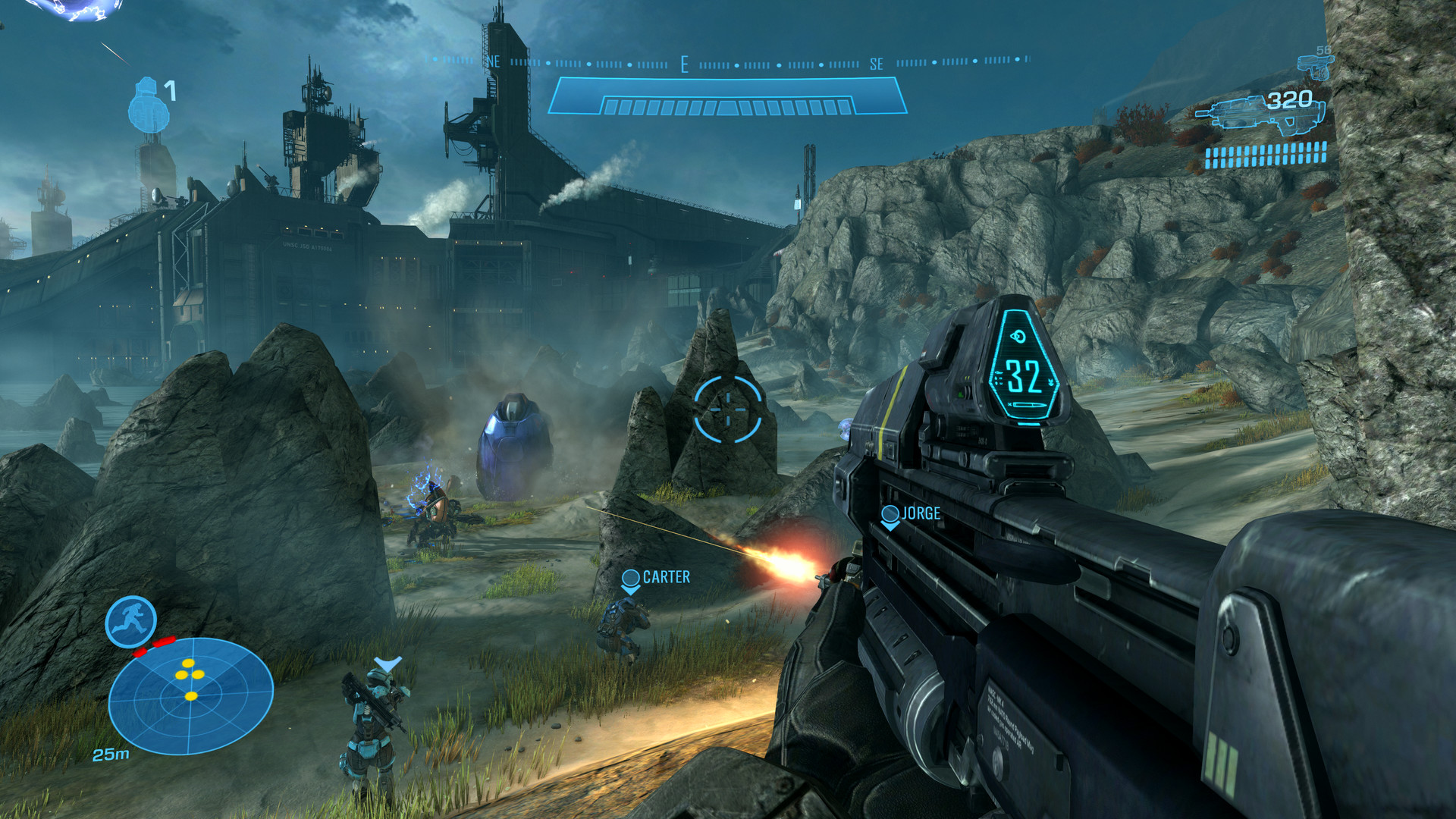
Then: Bungie's personal swan song for Halo was a hit with fans, critics, and just about everyone else when it arrived in 2010. Its 91 on Metacritic makes it the last game in the series to average somewhere in the nineties on the review aggregation site, with Reach's story ending where the Master Chief saga began, lending the entire project a fascinating Revenge of the Sith-style look at the expansive sci-fi world birthed by Bungie.
Since: Like Fallout: New Vegas and Obsidian, Halo and its developing studio have gone in very different directions since this 2010 title. Microsoft first-party studio 343 Industries took over from Bungie after Reach, and has since put out two well-reviewed games in the series, though neither has captured fans' attention the way Bungie's entries once did. Maybe that comes with the community's own unstoppable aging, or perhaps the new team lacks some of the magic of the originators. It's hard to say.
Meanwhile, Bungie moved on to ignite a new science fiction flame in the name of Destiny. Under publisher Activision, Bungie put out two games, each with a ton of add-on content, and helped shape the entire industry as we know it today, with far-reaching influence as both a looter shooter and a live-service game. In 2019, Bungie parted ways with its publisher once again and now exists as one of the largest independent studios in the world, all while continuing to support Destiny 2.
Next: Bungie and Activision split with mutual contentment. For the publisher, it was reported that Destiny never performed as well as it hoped, despite being a huge success by many metrics. For Bungie, it meant regaining its autonomy once again. Presuming Destiny 3 is what's next, then, how soon can we expect it, and who will publish it? What may excite players most is the prospect of a totally new direction for the studio. Perhaps a new IP is in order after all.
Rock Band 3
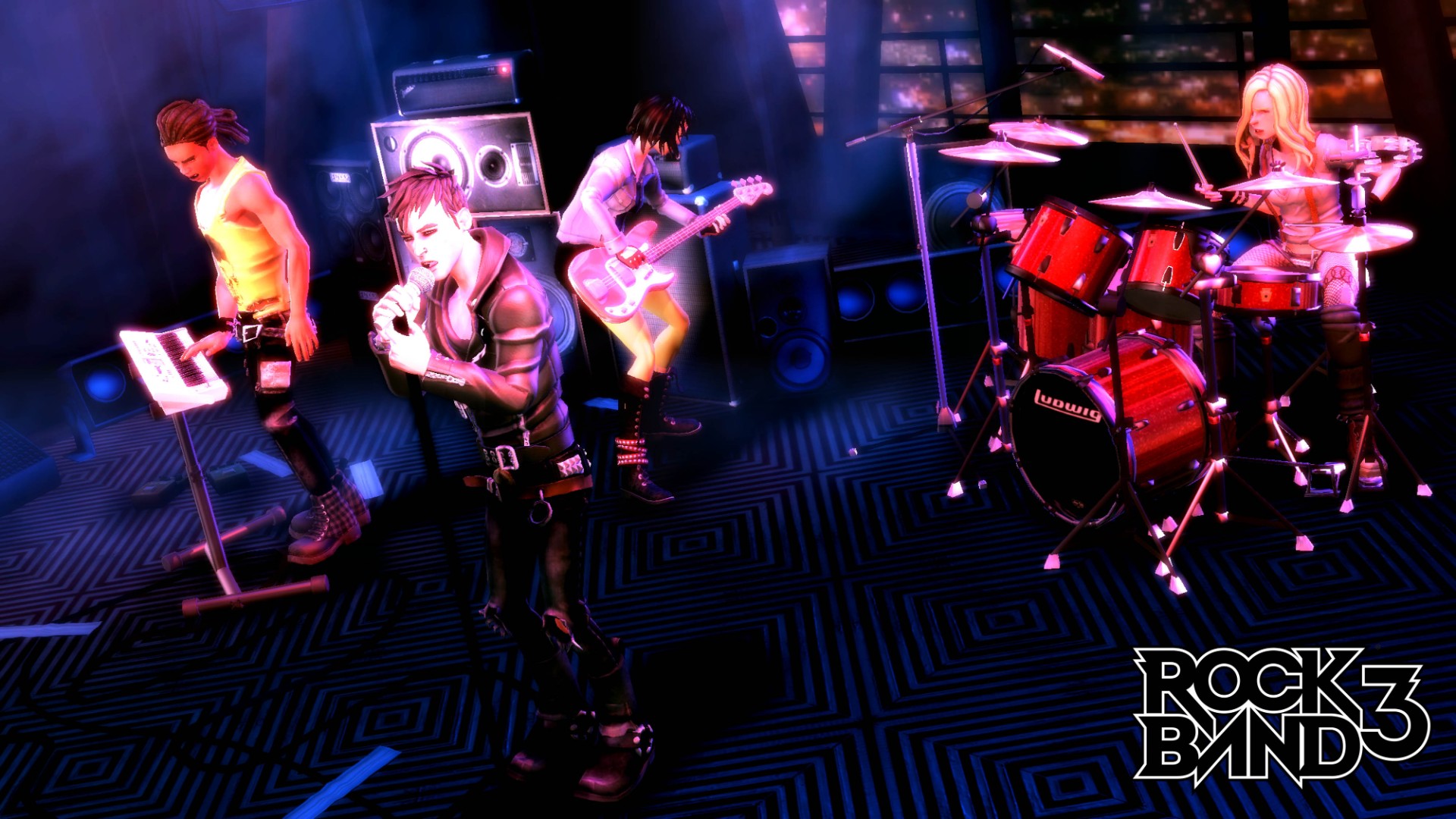
Then: In 2010, the music game genre was booming. Future dust collectors like the plastic guitars were still cool as hell, and were the centerpiece of many a social event. Harmonix mastered that genre with Rock Band, and given the absurdly long tail of its post-launch support, Rock Band 3 was and still is the favorite among many genre fans.
Since: The genre fell off a cliff around the time of the next generation of consoles, just a few years after Rock Band 3, and even while post-launch support continued in earnest.. That makes this particular rewind one of the most interesting on this list, we think. No other game or genre has really vanished over the last decade the way music games with plastic peripherals have.
Harmonix attempted to find new footing in 2015 with Rock Band 4, but it never picked up. The studio released Rock Band VR in 2017, too, but such a game now seems to have always been doomed to fail in retrospect, given that the genre and platform have both struggled to capture much attention in the latter half of the bygone decade.
Sign up to the GamesRadar+ Newsletter
Weekly digests, tales from the communities you love, and more
Next: To its credit, Harmonix continues to do fascinating and often daring things with music games, even if such games no longer include the multi-colored buttoned guitars, basses, drums, and mics of what now seems like an eternity ago. It seems the long-standing music game studio is still shipping out from Boston, and credit should be award to the beloved studio for always evolving as it continues to find new ways to integrate music and gaming.
Metro 2033
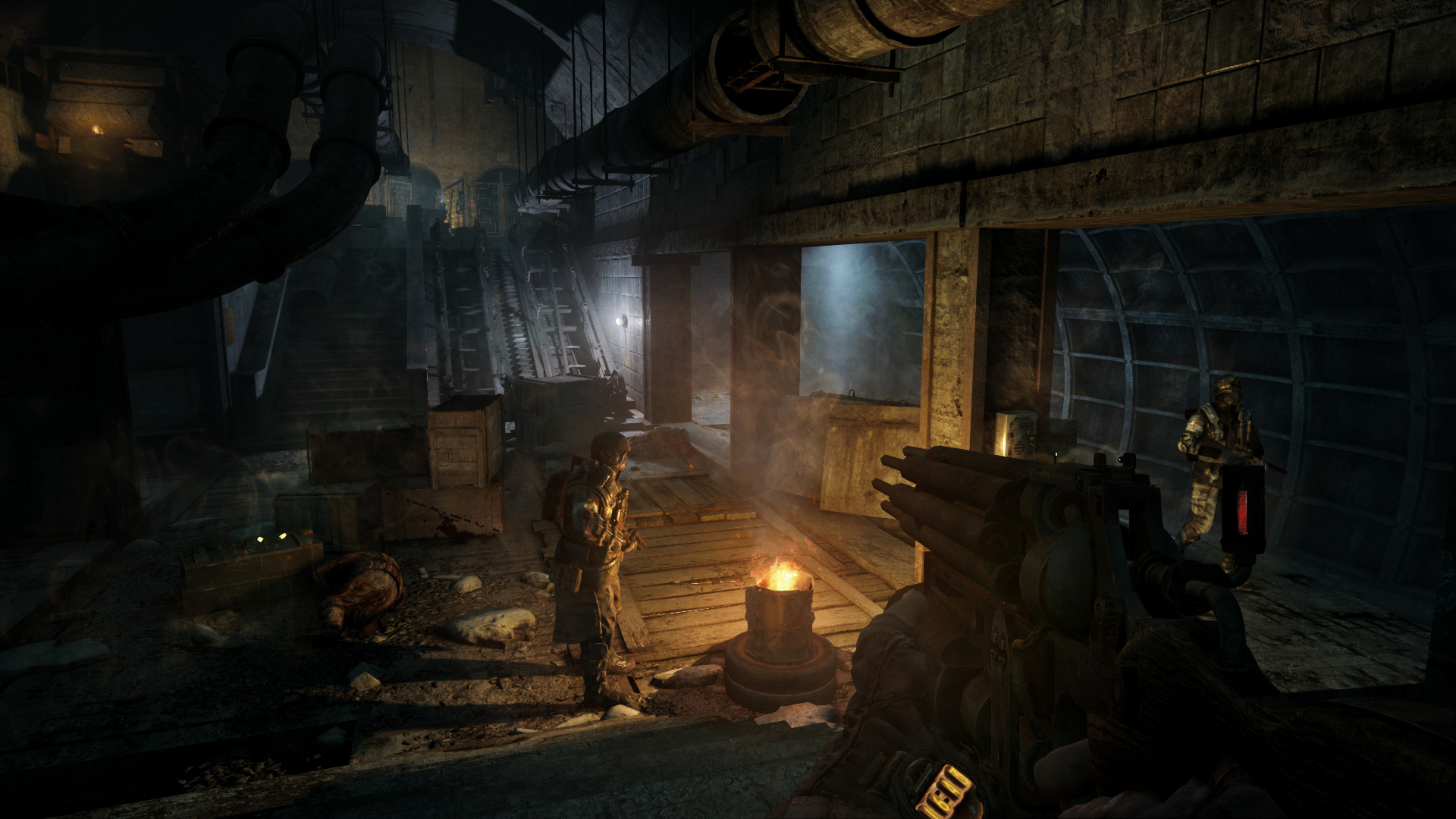
Then: Metro released rather quietly under the now-defunct THQ banner from a relative unknown in 4A Games. The adaptation of Dmitry Glukhovsky's Russian post-apocalyptic novels generated some buzz as an unexpected gem in an obviously crowded year. The series' mix of first-person shooter gameplay with survival horror mechanics was fresh in 2010, long before the survival boom we're now living through, and despite missing perhaps a final coat of polish, Metro earned the attention of many.
Since: When THQ went under, it sold off the Metro IP to various buyers. It was Deep Silver who eventually snatched it up, and have made good use of it ever since. 4A Games released Metro Last Light, a direct sequel to 2033, in 2014, then remastered both of them for the next generation of consoles a year later. Another sequel, Metro Exodus, landed in February 2019 following a reveal during the Microsoft E3 presser two years earlier – probably the most eyes ever set on the series at one time. All three games have hovered right around the 80 figure on review aggregators, making the series nothing if not consistent.
Next: It doesn't seem like the Metro series is over yet. Whether 4A sticks with Artyom or finds a new hero, there's no reason to suspect it will be shifting to something new. Even if they do, it may not be long before we return to the world of Metro. The books still offer a lot of unused source material, after all, while the series' new look in Exodus, with its open-world sections, feels like the start of something exciting and worth building on. There's no news on another Metro yet, but it's safe to expect the train to pull in the station someday.
Fable 3
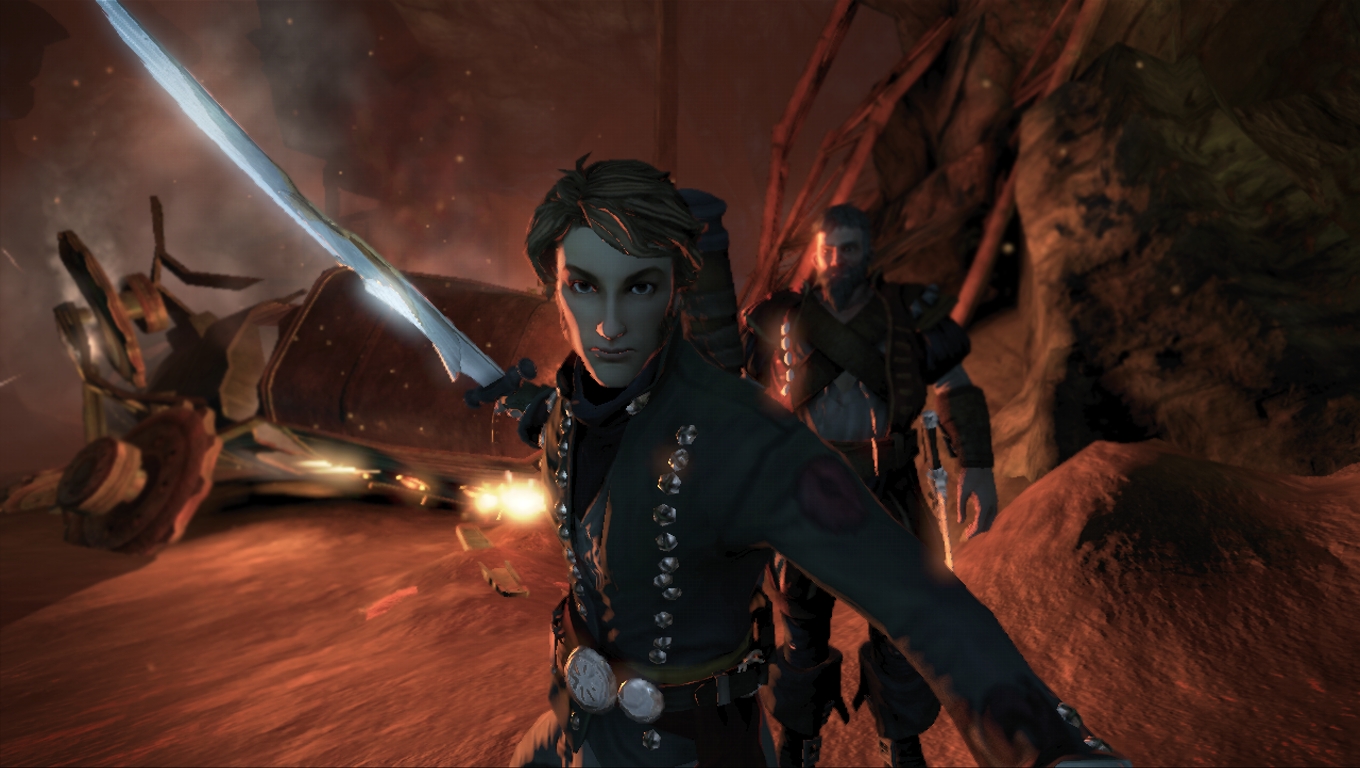
Then: The last game in the mainline Fable series, Fable 3 lacked the charm of the original or the depth of the sequel according to consensus opinion at that time. Still, it's not like the series did so poorly among reviewers. From almost 100 critics, it averaged an 80 on Xbox with several dozen more PC reviewers giving it a 75 aggregate score. The game's unique take on ruling as a monarch was a brave shake-up for the series even if it didn't entertain many for long, and the series' signature humor was still a major part of the series.
Since: Today, Fable 3 is seen as the worst of the original trilogy by many (if not most) fans, and the series' name as a whole has all but disappeared from store shelves. Following the threequel's middling successes, Fable continued in a variety of forms. This included a co-op brawler in Fable Heroes, a Kinect title in Fable: The Journey, and the digital card game Fable Fortune.
Most famously, there was also meant to be Fable Legends, an asynchronous multiplayer game, but the project was cancelled and, more devastatingly, the studio at Lionhead was shuttered in 2016. That's the last we've heard publicly of the Fable name in some time, though rumors persist of a realm reborn.
Next: Is Playground Games the heir apparent to the Fable throne? Nearly constant rumors swirl and say so. Playground is known to be working on a next-gen open-world RPG at its second location while the Forza Horizon team continues plugging away at its inevitable sequel for the Xbox Series X. Playground has even gone so far as to hire some ex-Lionhead folks while ramping up production at its new office. Coincidence?
BioShock 2
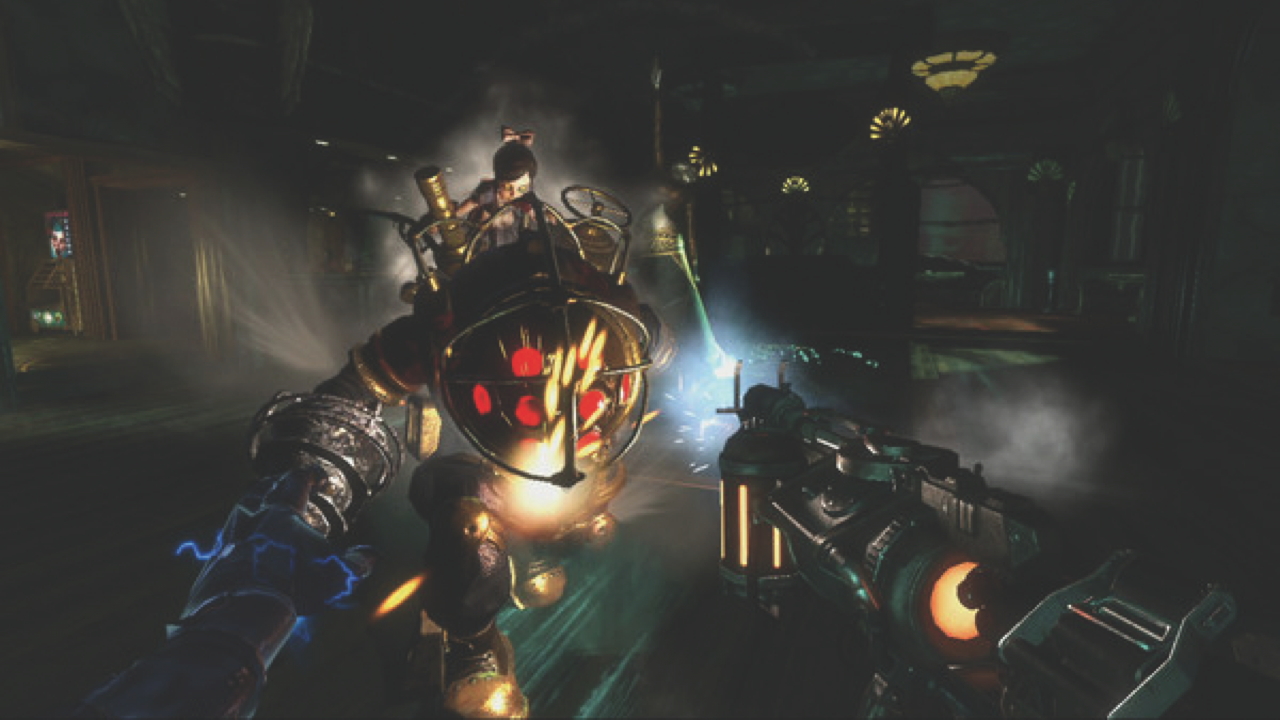
Then: Perhaps the most controversial game in the series, BioShock 2 is something of an unsung martyr. Coming not from Ken Levine's Irrational Games but rather 2K Marin, the game remained in the Randian dystopia of Rapture to tell an entirely new story, putting players in the role of former enemy boss type, the Big Daddy. BioShock 2 was sandwiched by two of the most beloved games of all-time in BioShock and BioShock Infinite, but with its own unique look at the politics of marine metropolises and an unexpected commitment to multiplayer, BioShock 2 remains a firestarter of a game even today.
Since: The BioShock franchise has only seen one more game since 2010, and though critics at that time loved 2013's BioShock Infinite more than its predecessor, popular opinion in the present day may have you believe they were nearly equivalent in their reception, as BioShock 2's stock has risen and Infinite's, well, hasn't.
Infinite found a new home for its brand of societal collapse in the skyward and overtly racist city of Columbia. The game stars all new characters but eventually found a way to tie the whole BioUniverse together with a DLC campaign that reveals how some of the similarities between Rapture and Columbia are more than coincidence.
Next: It was just weeks ago when we learned that BioShock is officially back. Being helmed by a new studio named Cloud Chamber with teams in both Montreal and San Francisco, the next BioShock has officially been unveiled by Take-Two, though they have not yet shared any more details. According to some insiders, the game has actually been in development for years and maybe even suffered a total reset, so the decision to make the public aware of it now is interesting. It's the details which people so crave with this series, but there's one thing we can safely predict: there's always a lighthouse...
Mark Delaney is a prolific copywriter and journalist. Having contributed to publications like GamesRadar+ and Official Xbox Magazine, writing news, features, reviews, and guides, he has since turned his eye to other adventures in the industry. In 2019, Mark became OpenCritic's first in-house staff writer, and in 2021 he became the guides editor over at GameSpot.


